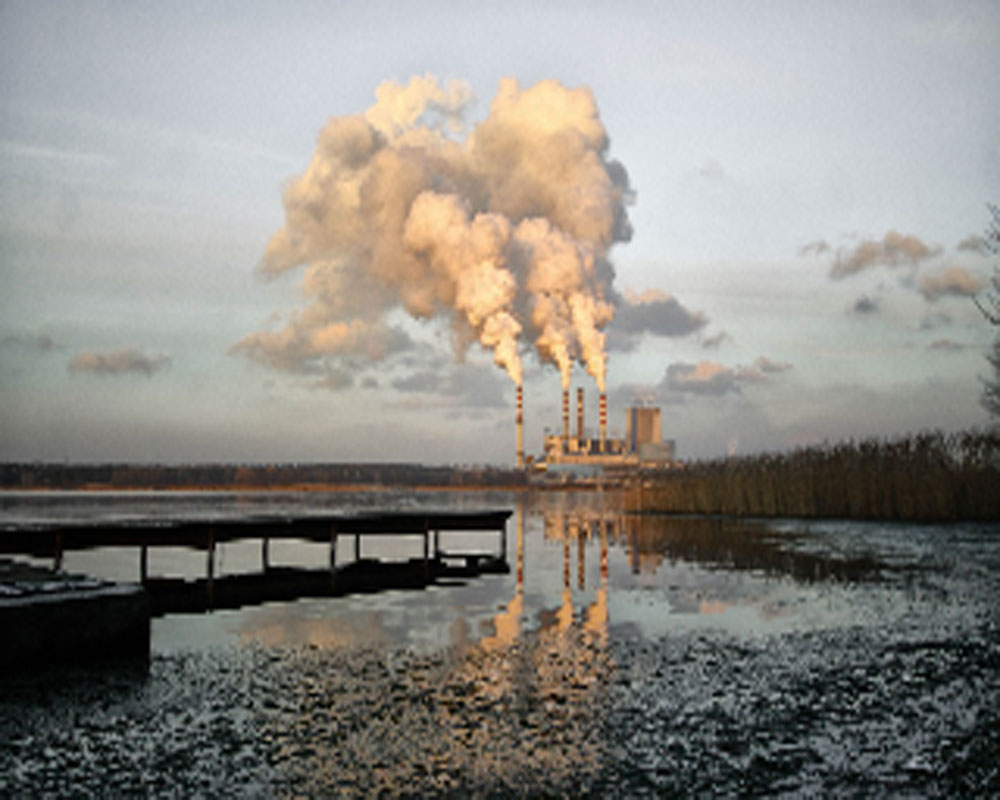With this step of expressly restricting industries in the already critical zones, the NGT may have prevented an apocalypse not just in the NCR but also elsewhere in India where urban industrialisation is rife and has become a bane
In a welcome step, the National Green Tribunal (NGT) has directed the Central Pollution Control Board (CPCB) to shut down polluting industries in “critically polluted” and “severely polluted” areas within three months. This decision came on the basis of a study jointly carried out by the CPCB and state pollution control boards in 2009-10. In the study, the industrial clusters were notified as Polluted Industrial Areas (PIAs) and they were ranked as “critically polluted area” (CPA), “severely polluted area” (SPA) and “other polluted areas” (OPAs), depending upon the Comprehensive Environmental Pollution Index (CEPI) scores. The NGT directive gives the much-needed respite and breather to us citizens.
Contending that economic development cannot take place at the cost of public health, the bench, headed by NGT chairperson Justice Adarsh Kumar Goel, directed the CPCB to assess, in coordination with the state pollution control boards, the quantum of compensation to be recovered from polluting units for the last five years, taking into account the cost of restoration, the cost of damage to public health and environment and the deterrence element. The scale of deterrence may be related to the period and the frequency of defaults. Such other factors as may be found relevant may also be taken into account. This initiative alone would go a long way in not only acting as a deterrent for potential polluters but also instill among our people a culture of caring for the environment.
The NGT order specified that no further industrial activities or expansion will be allowed with regard to “red” and “orange” category units till the said areas are brought within the prescribed parameters or till the carrying capacity of the area is assessed and new units or expansion proposals are found viable with regard to carrying capacity and environmental norms. It, however, also made it clear that white and green or non-polluting industries, which are not causing any pollution, will not be affected by this order.
The order explicitly directed the CPCB to take the assistance of experts to compile information with regard to polluted industrial areas based on water and air pollution norms and notify such data in the public domain within three months. The tribunal also directed the Ministry of Environment and Forests to take steps for enforcement of an action plan. The green panel sought a compliance report by the CPCB after three months by email and posted the matter for hearing on November 5.
The welcome action by NGT has been long overdue. The deplorable state of affairs of our air and water has been a much-debated issue. Many initiatives have been discussed and discarded but none of the recent months has seen any concrete action being taken to rein in the pollution levels. However, with this step of expressly restricting industries in the already critical zones, the NGT may have prevented an apocalypse not just in the National Capital Region (NCR) but also elsewhere in India where urban industrialisation is rife and has become a bane for the environment.
The cities that are the most to be blamed are incidentally those which run along our major rivers such as the Ganga and Yamuna. The easier disposal of effluents and chemicals in the river makes it easy for these polluting units, particularly if the nature of business justifies their proximity to water sources. Tanneries and leather goods manufacturers have wreaked havoc in the name of economic growth and generating employment. Affluent people with connections to the top echelons of power manage the ownership of these factories; as a result the enforcement agencies frequently find their hands tied. In fact, these polluting units have become comparable with the sand mafia, which digs up the river beds in broad daylight across India in full contravention of the laws. Anyone raising his or her voice against the same is dealt with in the most fearsome manner.
But with the NGT stepping in with this order, backed by a time-bound execution, the errant lobby of the pollution industries seems to be on the back foot. If the courts can bring about a similar judgment for the sand mafia that is backed by the enforcement power and machinery of the state, it will break the back of these mining lobbies that have extracted a huge price from mother nature by mercilessly exploiting natural resources. Across the world the concept of industries in the middle of the cities is increasingly becoming outdated. The relocation of the units has been done long ago and the people as well as the environment have stopped paying the price of living with toxins. But a sick India is still fighting for clean urban air and water.
The recent amendment to the Motor Vehicle Act, allowing for steep and stiffer fines for traffic violations, is an example of sorts to be followed in the case of environment also. The stiffer the fines, the higher the compliance. After all, no smart businessman would like to pay his profit as environmental penalties. So let’s wish NGT the best and hope that this order is the first of many more to come.
(The writer is an environmental journalist)


























